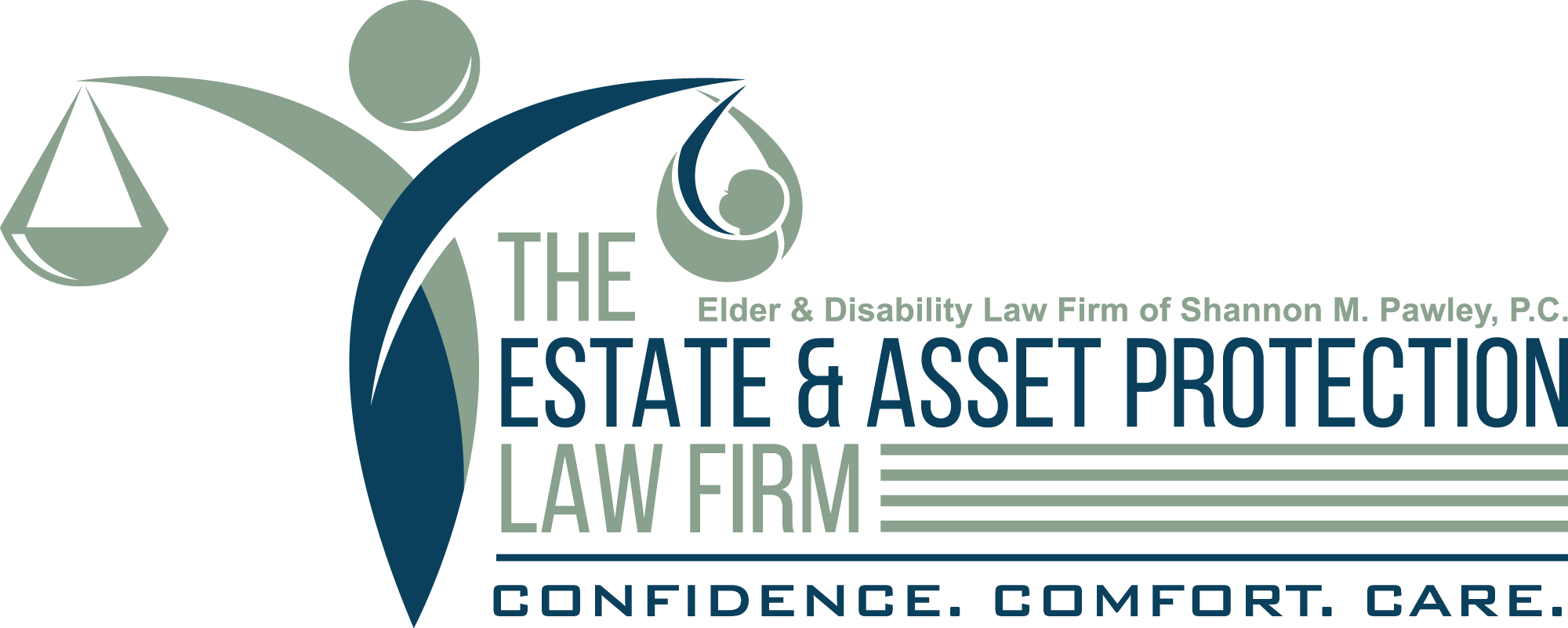Cybersecurity & Seniors: Cybersecurity Awareness Month And Staying Safe In The Digital World

Do you really need to talk about cybersecurity & seniors? Consider this…
For the past 16 years, October has been designated as National Cybersecurity Awareness Month.
When we first started using personal computers, I doubt anyone thought we would need such a designation as cybersecurity, or especially, to discuss cybersecurity & seniors.
I know it didn’t cross my mind. However, deep as we now are into the digital world, we are keenly aware of the ever-growing vulnerabilities anyone who accesses the Internet is exposed to.
The Internet is a portal into our most personal and important information. Unfortunately, most people are still unaware of how easy it is for criminals to steal identities and ‘harvest’ personal information like farmers harvest produce; filing bogus tax returns in our name, and even hacking into our bank accounts.
We must all take full responsibility and be personally accountable for the safeguarding of our private information. We must be cautious about opening emails, responding to text messages and answering phone calls. We must diligently safeguard our passwords and be careful about what we post on social media accounts.
Seniors Are Primary Targets Of Scammers
Whether online or via the telephone, seniors are targeted by scammers on a daily basis. Most seniors are more naïve about the digital world as well as the multiple strategies used by criminals. If you’ve worked diligently to plan for your financial comfort during your retirement years, getting scammed could hit you where it hurts. Please take the time to review the tips I’ve reprinted from the National Cybersecurity Awareness website. We all have a tendency to let our guard down, so we can always use reminders about how to protect ourselves and our families.
National Cybersecurity Awareness Month Focus For 2019
The emphasis of National Cyber Security Awareness Month for 2019 stresses the importance of “taking proactive steps to enhance cybersecurity at home and in the workplace.” It has been reported that the most commonly used password in the world is 123456. Apparently this sequence of numbers is used by 23.2 million people! This password is like low hanging fruit for hackers and scammers.
Own IT. Secure IT. Protect IT
As the experts point out, your usernames and passwords are not enough to protect key accounts like email, banking and social media. So revisit your passwords and make the appropriate changes keeping the following tips in mind:
Make your password a sentence: A strong password is a sentence that is at least 12 characters long. Focus on positive sentences or phrases that you like to think about and are easy to remember (for example, “I love country music.”). On many sites, you can even use spaces!
Unique account, unique password: Having separate passwords for every account helps to thwart cybercriminals. At a minimum, separate your work and personal accounts and make sure that your critical accounts have the strongest passwords.
Write it down and keep it safe: Everyone can forget a password. Keep a list that’s stored in a safe, secure place away from your computer. You can alternatively use a service like a password manager to keep track of your passwords.
Looking to find an experienced estate lawyer in the Georgia area who is skilled in asset protection and estate plan preparation? Shannon Pawley is an attorney in Georgia with expertise in estate planning and asset protection. Shannon can provide assistance with creating an estate plan to include making a will and how to establish a trust properly. If you have questions about asset protection or questions about making an estate plan, reach out to Shannon and she will be glad to help answer all the estate planning questions you might have!







